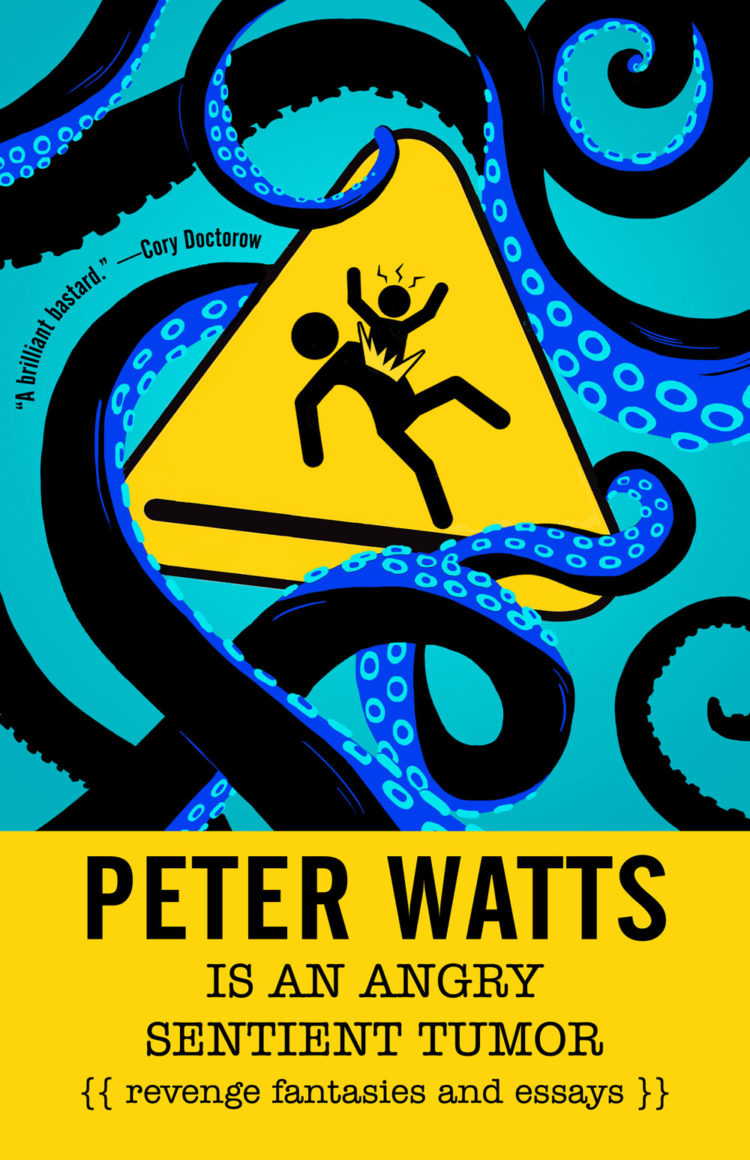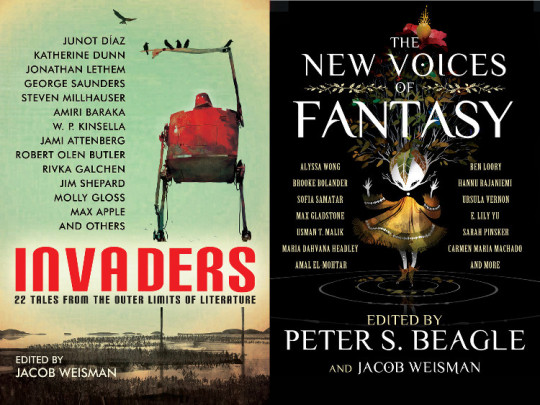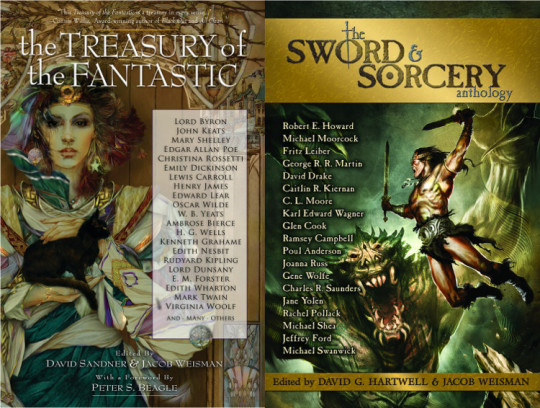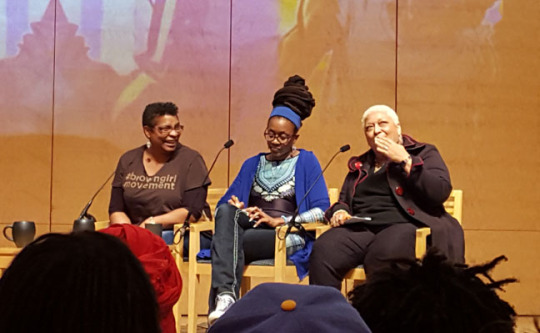With THE FREEZE-FRAME REVOLUTION, Peter Watts introduces readers to a brand new form of existential dread
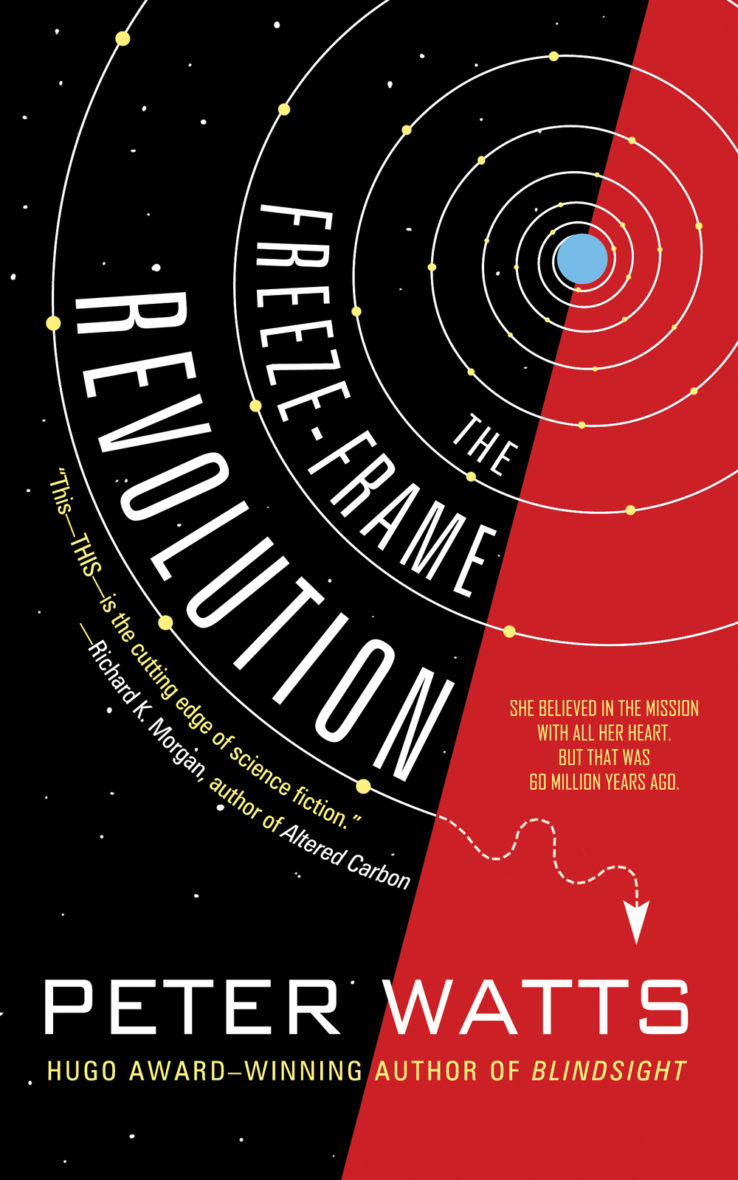
DEUS AD MACHINA experiences new sensations with Peter Watts’ THE FREEZE-FRAME REVOLUTION.
This novella introduced me to a brand new form of existential dread.
[…]
The book is engaging, and manages to avoid the “nothing actually happens” trap that novellas sometimes land in. Peter Watts has a respectable number of books under his belt by now (most notably Blindsight), so the writing is good. The characters are a little weak, but it’s hard to work in time for character work AND a decent idea for a ship that would run till the end of the universe AND a plot AND all those feelings of hollow emptiness, so I forgive him for it.
FREEZE-FRAME REVOLUTION made me feel lonely and hopeless and upset about the vastness of space and time, so if that’s the kind of thing you’re looking for, I recommend it.
As part of Textcon 2020, Watts participated in what was dubbed “The greatest email panel ever talks about alien intelligences here on Earth.”
This is a panel, just like at a science fiction convention. Except that this convention was postponed due to a pandemic, and two of the panelists were not even planning on attending. Little problems like that are nothing in the science fiction future, so here we are. I’m the moderator — my name is Anna Davour, but please call me Åka. The discussion questions will be marked in bold to make it easier to follow what we are talking about. I’ll let the panelists introduce themselves.
Moderator: Who are you, and what do you like about spiders?
Peter Watts: I used to be a marine biologist; now I write SF. I like the way some spiders time-share cognition in their tiny little pin-brains with less than million neurons, so they can improvise, learn, and plan with an almost mammalian level of sophistication. The genus Portia is known in the biz as “the spider that thinks like a cat”. I like the way other spiders use their webs as a kind of brain augment, a network of logic gates that performs calculations when perturbed. It’s tragically ironic that the struggles of some trapped fly end up powering a mechanical computer calculating prey-acquisition parameters for the predator that’s about to eat it.
Mostly, though, I like the cute way some of them jump at your face when startled.
THE COODE STREET PODCAST spends Twenty One Minutes with Peter Watts.
With the Ten Minutes with… series complete as a daily thing, Jonathan fires up the computer and calls Hugo and Shirley Jackson award winner Peter Watts to discuss how this apocalypse is only a tiny taste of the real thing, how he’s coping with working and reading right now, Jevon’s Paradox, the value of depressive realism, and a lot more.

